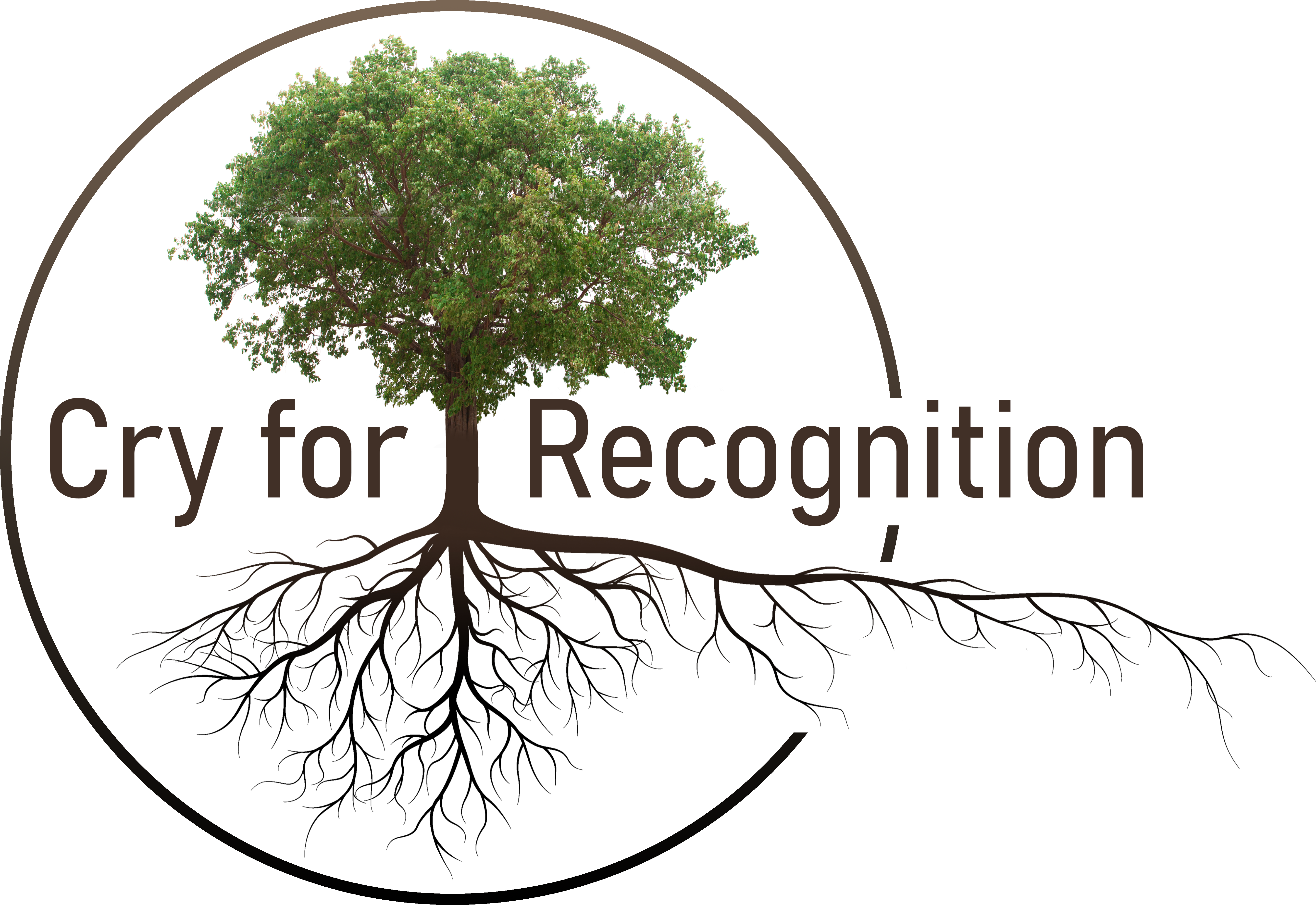As mental health professionals, public health scientists, and allied organizations and individuals, we have grave concerns about the damaging physical and mental health impacts of the current Standards of Care released by WPATH (the World Professional Association for Transgender Health). We hold that WPATH has discredited itself.
DECLARATION
WPATH HAS DISCREDITED ITSELF
With the recent release of its Standards of Care, 8th Edition, the World Professional Association for Transgender Health (WPATH) has undermined its standing as the preeminent authority on health care for gender-questioning youth. WPATH’s neglect of safeguarding issues for children, its adherence to ideological views unsupported by evidence, its exclusion of ethical concerns, and its mischaracterization of basic science all make its Standards a fundamentally unreliable guide.
Specifically, we hold that the authoritative status of WPATH’s Standards of Care is fatally undermined by the following errors and ethical failures:
- The Standards specifically promote the affirmative care model, continuing to endorse widespread medical treatments (drugs and surgery) for trans-identified youth despite rising scientific skepticism that has led Sweden, Finland, France, and the United Kingdom to retreat from that approach.
- WPATH endorses early medicalization as fundamental while these other countries now promote psychosocial support as the first line of treatment, delaying drugs and surgery until the age of majority is reached in all but the most exceptional cases.
- In a correction issued soon after its release, nearly all lower age limits for suggested medical and surgical interventions were removed – an abdication of responsibility for basic child-safeguarding norms.
- A chapter on ethics that had appeared in earlier drafts was eliminated in the final release – a further abdication of ethical responsibility.
- “Eunuch” was included as a new gender identity (not necessarily a physical condition) without convincing evidence for its existence; a hyperlink within the Standards links to an external site that incorporates graphic and sexual fantasy stories portraying the castration of adolescent males.
- A definition of “detransition” fundamentally mischaracterizes it, invalidates the traumatic experience of many who feel harmed by gender-related medical interventions and subsequently revert to living as their biological sex, and offers no guidance for supporting individuals who are coping with the grief and pain of detransition.
- While presented as evidence-based, the Standards of Care fail to acknowledge that independent systematic reviews have deemed the evidence for gender-affirming treatments in youth to be of very low quality and subject to confounding and bias, rendering any conclusions uncertain.
For these and other reasons, we believe WPATH can no longer be viewed as a trustworthy source of clinical guidance in this field. Despite its claim to be a “World Professional Association,” WPATH and its Standards are actually outliers on the international stage, and deaf to the alarms being sounded within the scientific community concerning the use of experimental treatments on children.
The organizations, physicians, research scientists, mental health professionals, and other signatories to this Statement stand together in supporting alternatives to WPATH’s deeply flawed Standards of Care. We align with the most up-to-date science-based guidelines from those countries which have already evaluated and rejected the affirmative approach. We believe health care professionals serving the needs of gender-questioning youth can honor and respect their rights without subscribing to a flawed ideological document marred by ethical failures and factual errors.
In response to dramatically rising numbers of gender-questioning youth, a wide range of alternative guidance has become available, embodying professional expertise that is ethical, minimizes the risk of iatrogenic harm, and respects the limitations of our current scientific evidence base. We are signing this Declaration to highlight our grave concerns about WPATH’s Standards of Care, and to encourage parents, schools, psychotherapists, and other health care professionals to utilise the wealth of alternative resources that can be found online and in printed materials that are now widely available.

